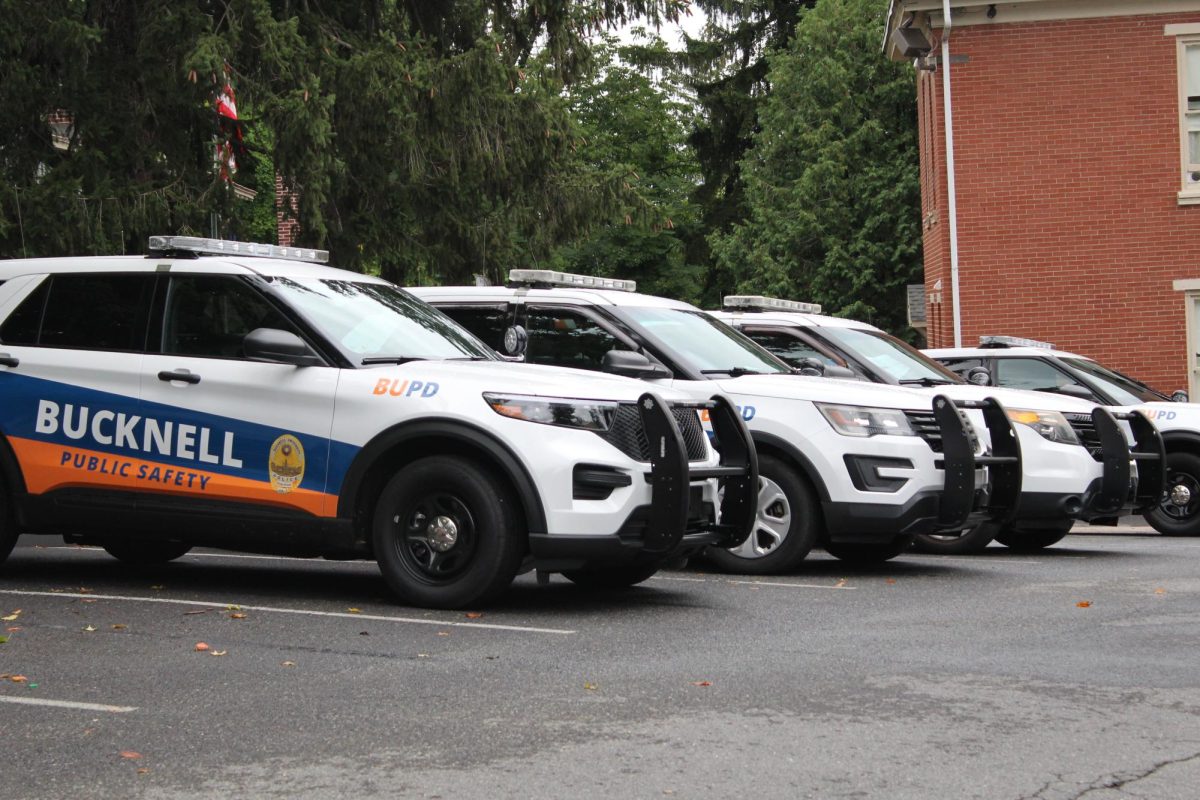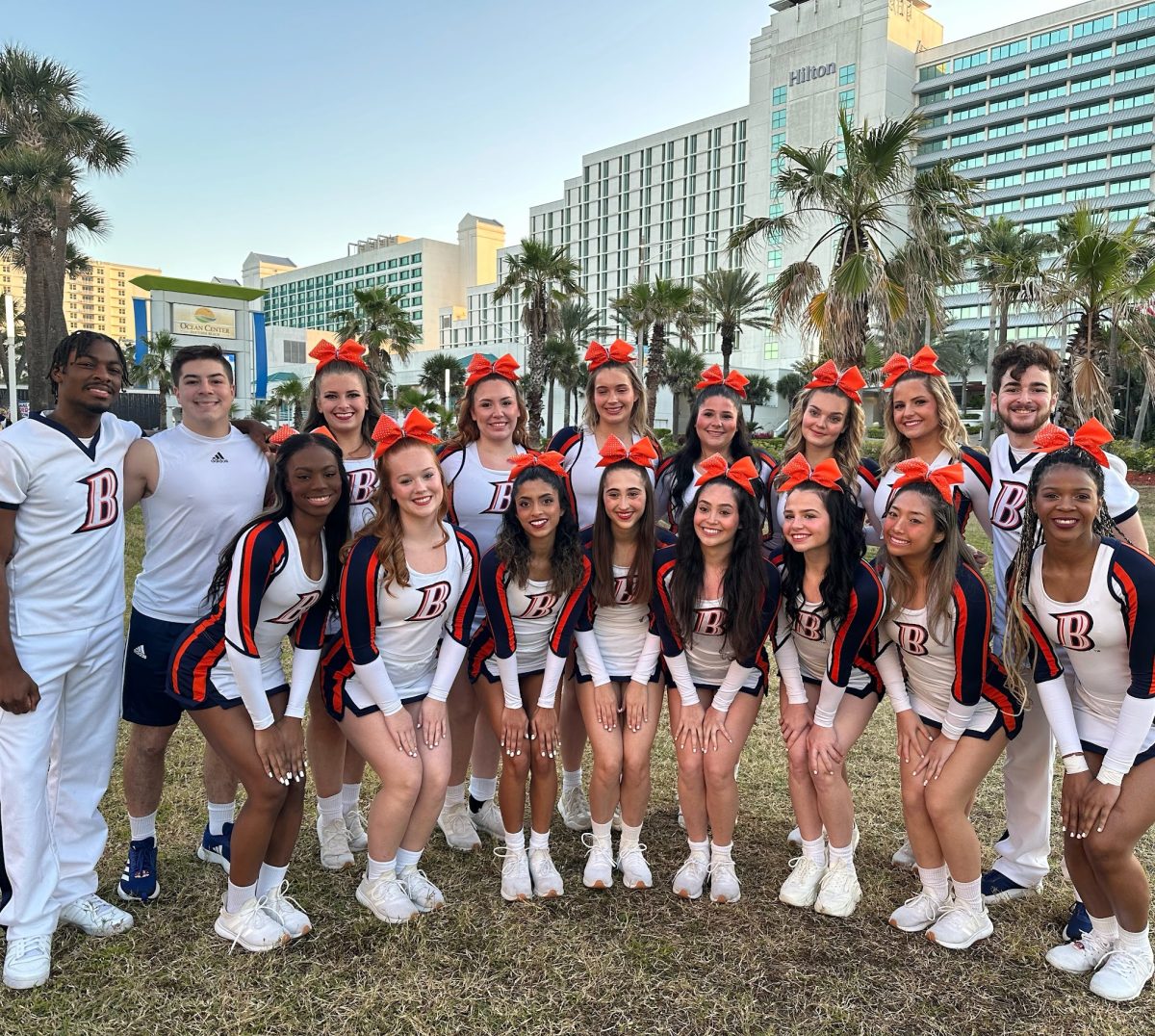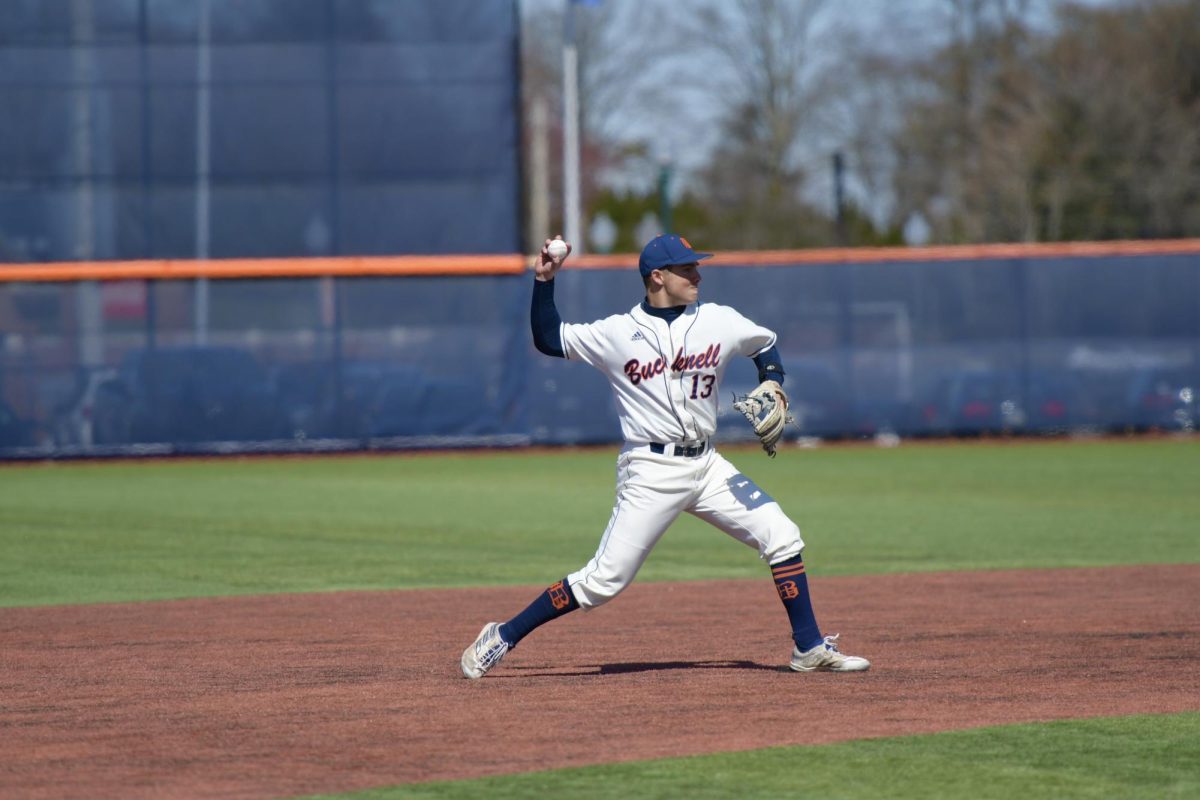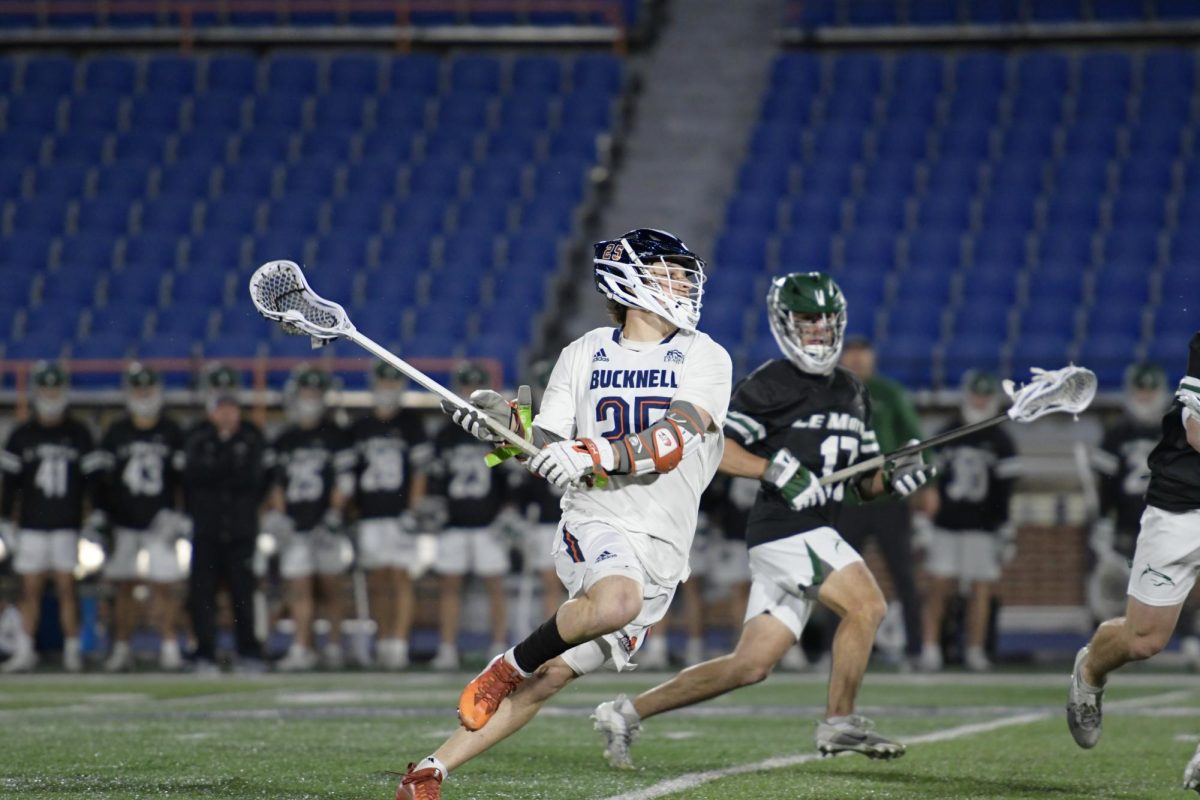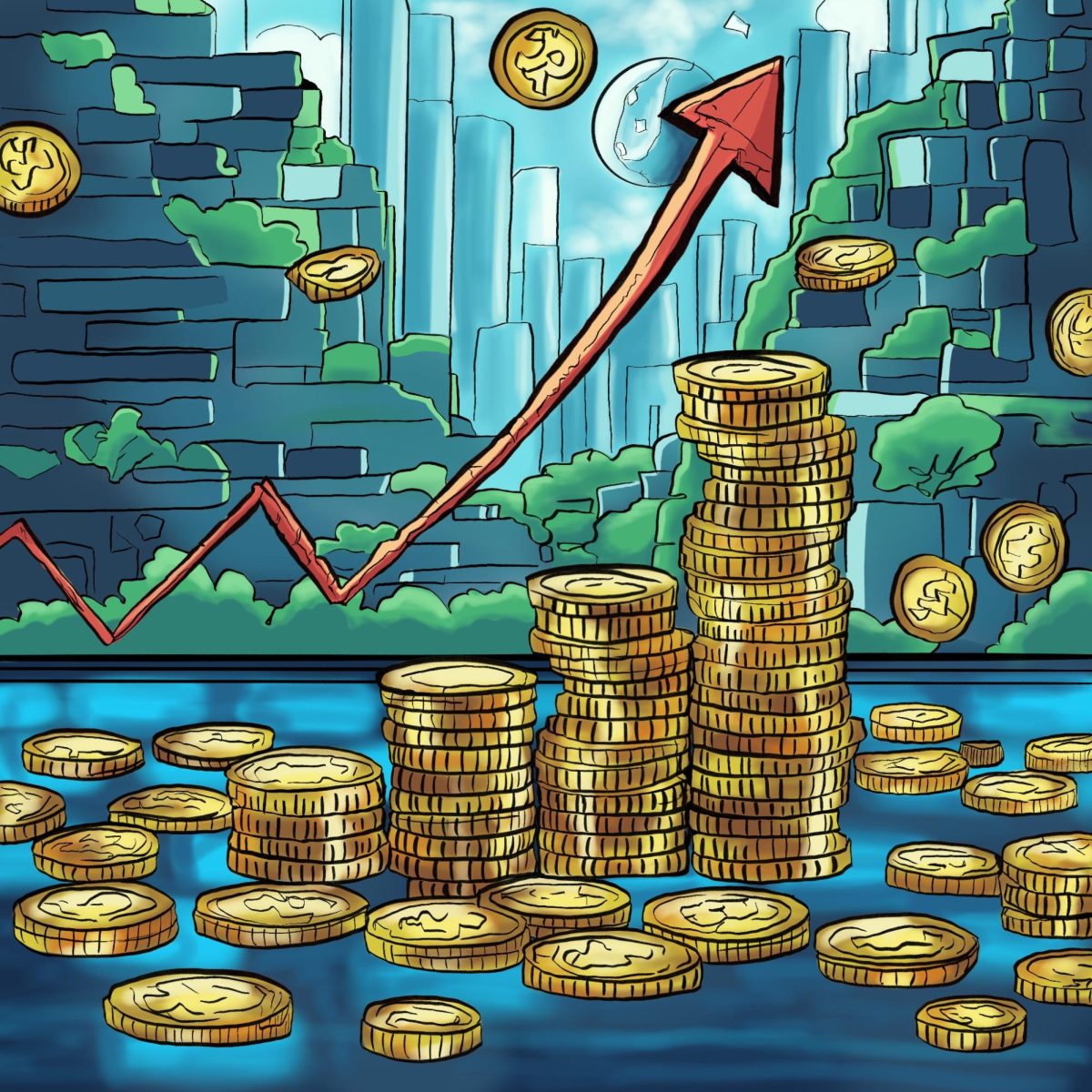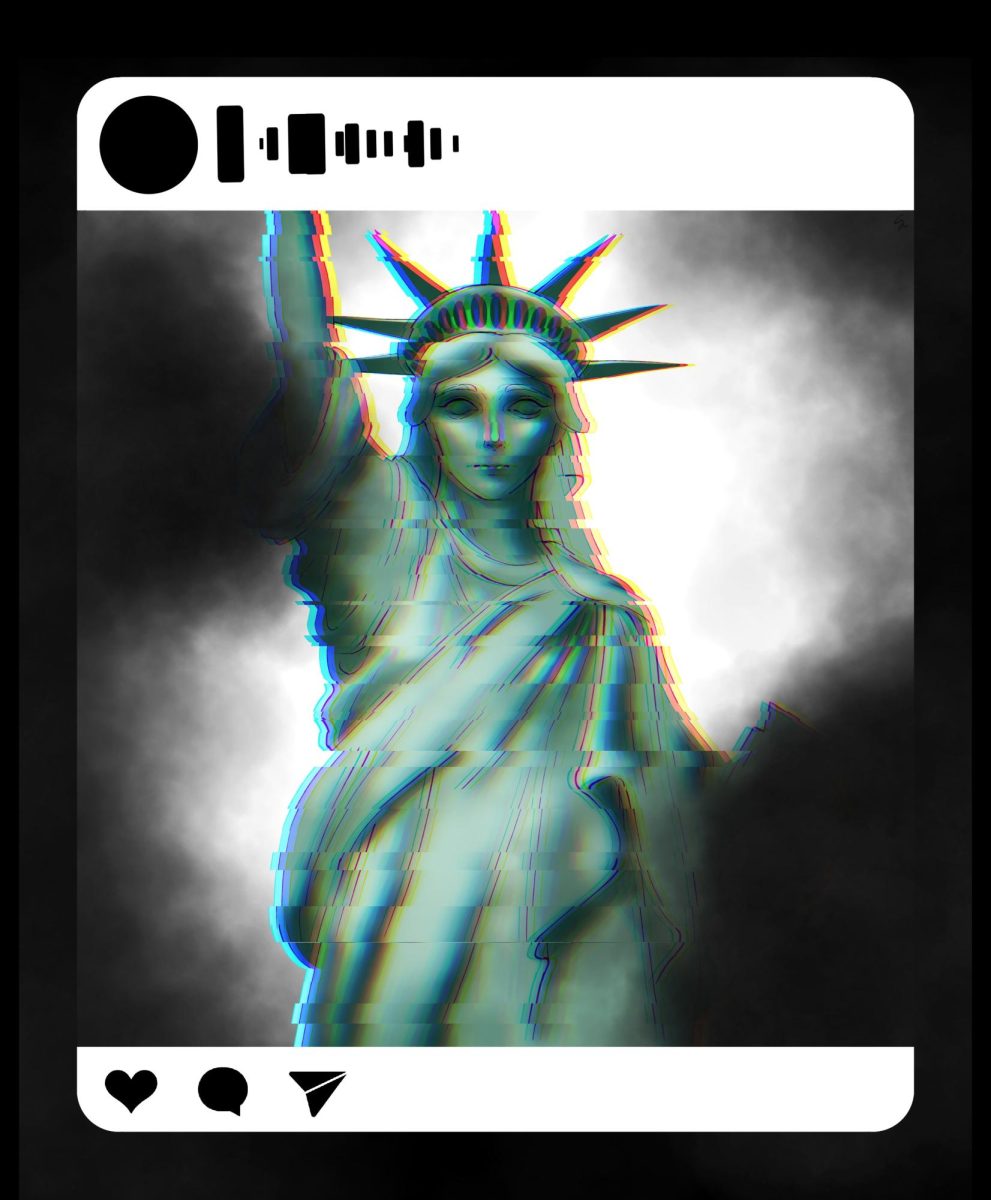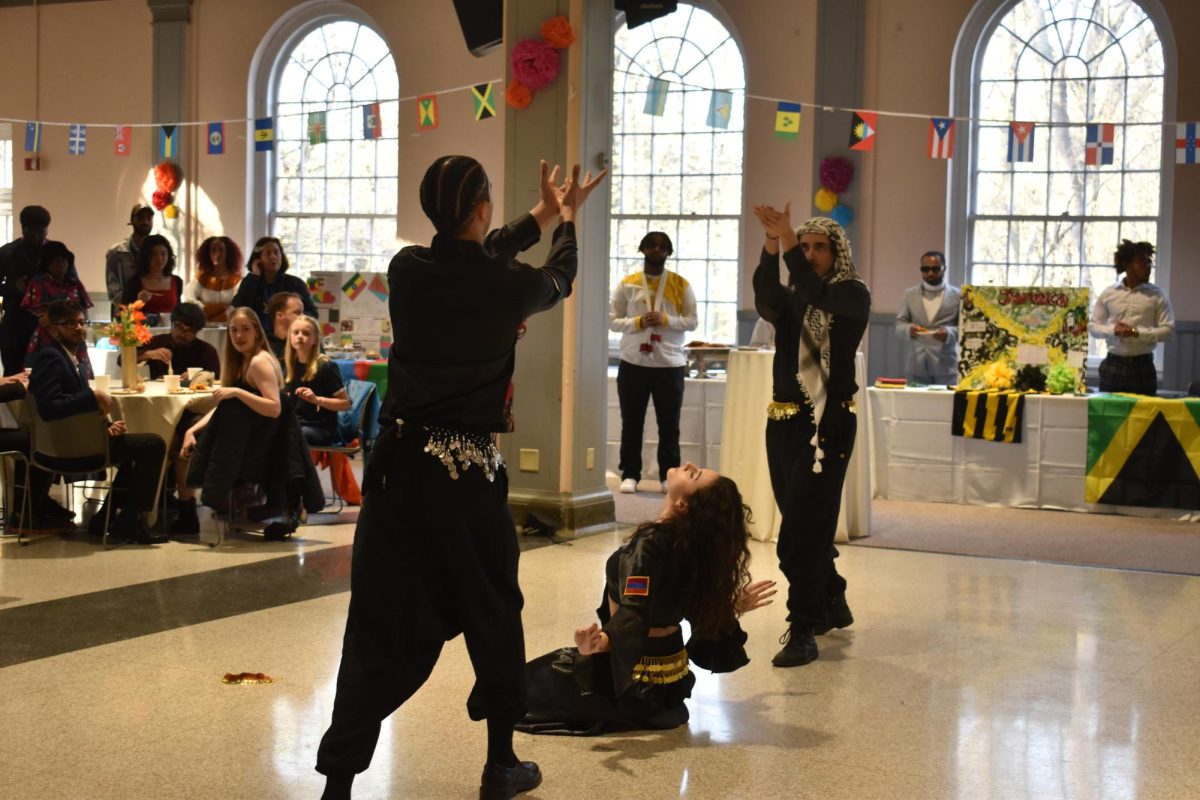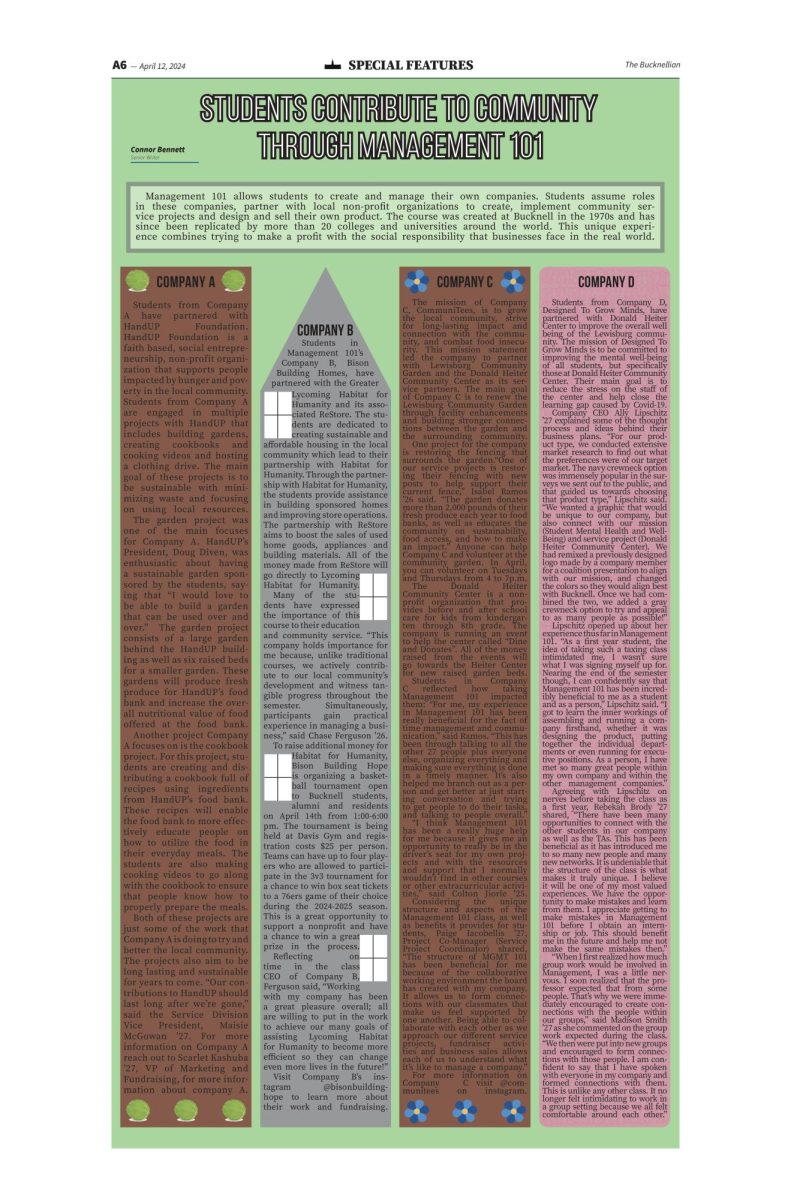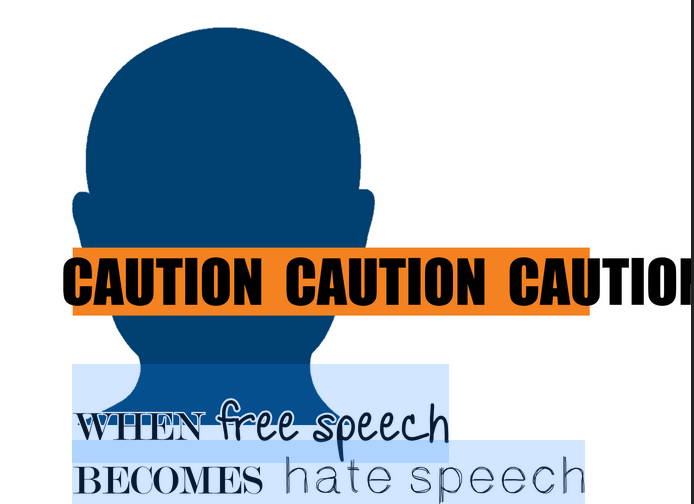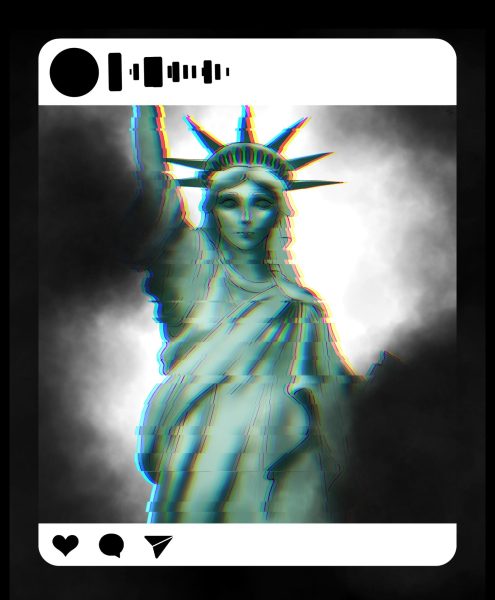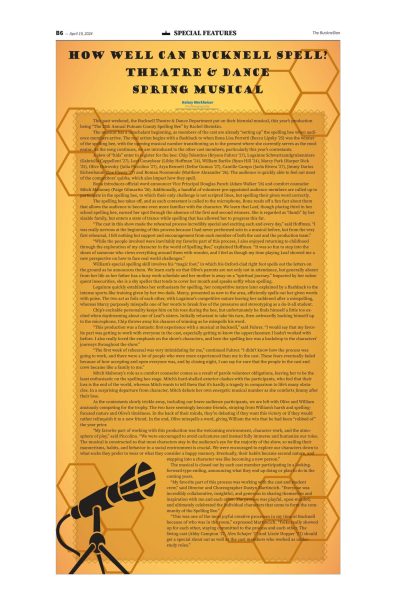When free speech becomes hate speech
January 23, 2015
Hate Speech and Free Speech at Bucknell:
Given the recent events at the Charlie Hebdo magazine headquarters in Paris along with the reactions to the deaths of Michael Brown and Eric Garner, the issue of the line between free speech and hate speech has arisen. The Bucknellian set out to discover the definition of hate speech at the University, and how these incidents have been received by the University community.
What is Hate Speech?
The University’s Bias Incident Policy deals with incidents of bias and hate crimes, which include hate speech. Section III of the University’s Student Handbook states within the recently-updated Code of Conduct that conduct violations motivated by race, gender, sexual orientation, religion, national origin, cultural background, disability, or other protected characteristics are a violation of the code. The Bias-Related Offenses Policy specifically defines what qualifies as a hate crime or bias incident. Hate crimes are outlined by the Clery Act, which requires colleges and universities to publicize information about crimes that occur on campus. As stated by the Clery Act and the University’s Bias Incident Policy, hate crimes are “criminal offenses that manifest evidence that the target was intentionally selected because of the perpetrator’s bias related to race, gender, religion, sexual orientation, ethnicity, national orientation, gender identity and/or disability status.” Both violent and non-violent crimes may be defined as hate crimes.
The University’s policy also deals with bias incidents, which may or may not meet the legal definition of a hate crime. Bias incidents are “completed, attempted or threatened abusive or hostile actions against persons, property or an institution” based on the aforementioned characteristics. Additional charges from a bias incident may occur for students who are already charged for an incident based on the Student Code of Conduct.
Hate Speech at Bucknell:
On Dec. 4, 2014, University President John Bravman sent an email to the University community addressing hate speech on campus, specifically through the social media application Yik Yak. Yik Yak, which is an anonymous app that allows users to post comments based on geographic location, is popular among students on campuses nationwide, including the University.
Bravman’s email noted that Yik Yak allows for racism, sexual harassment and homophobia, citing that hate speech on the app has led to threats of violence. While Yik Yak users post anonymously, Bravman said that the University is trying to identify students who post hate speech. This email came soon after separate grand juries decided not to indict police officers Darren Wilson for the death of 18-year-old Michael Brown in Ferguson, Mo. and Daniel Pantaleo for the death of Eric Garner in Staten Island, N.Y.
Students, faculty and staff protested these events in various ways, including a daily moment of silence, held for four and a half minutes as a representation of the four and a half hours that Brown’s body lay in the street after his death, as part of the National Week of Action in Solidarity with the People of Ferguson, St. Louis, and Beyond. On Dec. 5, students created chalk art throughout campus during the event titled Chalk Art on Seventh Street for Justice and Peace.
During this period of protest, the Yik Yak app was rampant with posts, both of support for Ferguson and opposition. Beyond the constraints of free speech, several posts of hate speech involved threats of violence. In response, a group of faculty members and students created a petition against these posts and a call for peaceful protests. Approximately 700 students, staff and faculty members signed this petition.
Student Perspective:
How would you define hate speech?
“Speech that negatively targets specific groups of people and often creates or perpetuates harmful stereotypes,” Elizabeth Sheprow ’17.
“Speech which attacks the character of people in order to reach a conclusion (ex: this person is ugly, therefore she should not be given value; the protesters in Ferguson are thugs, nothing they say has value),” Melissa Hopkins ’16.
“To me, hate speech is any form of a derogatory or offensive word, slur, symbol, or gesture that is designed to harm others,” Claire Willig ’18.
“I think hate speech is slanderous words said regarding someone’s race, religion, ethnicity, or sexual orientation,” Melody Sonnemann ’18.
“Any implication that someone or something is on a lower level or not worthy enough. Expressing disrespect towards someone or something as you were better than them or on a higher level. Treating someone or something in a different, negative way than you would someone else,” Meghan Belinsky ’18.
Do you think YikYak allows or encourages hate speech?
“I feel YikYak is a medium through which hate speech is aggressively encouraged. It allows individuals to make comments that are often discriminatory, sexualized, and demeaning all while wearing a mask of anonymity,” Elizabeth Sheprow ’17.
“Giving attention to hate speech gives those who are using it more power. A more appropriate reaction would be something akin to a grand-scale rolling of the eyes. Which form that might be able to take requires deeper consideration,” Melissa Hopkins ’16.
“I don’t necessarily think that YikYak encourages hate speech, but I definitely think it allows hate speech. I believe YikYak was originally designed to be an entertaining way to talk or make jokes on college campuses. However, it certainly can get out of hand quickly, especially with people knowing that their posts are anonymous. People feel that they can hide behind the anonymity in posting hateful messages,” Claire Willig ’18.
“I personally don’t and never have had YikYak, but from what I hear it STRONGLY encourages hate speech. People think that by being anonymous they can make rude and completely inappropriate comments berating a certain thing or person,” Meghan Belinsky ’18.
Do you feel that Bucknell and Bucknell students value free speech?
“There is this phenomenon across the country at liberal arts colleges/universities in which a lot of free speech is being hindered. There is a lot of talk about over-sensitivity actually stifling creativity and freedom of speech. If speech is hateful, then what can stop it is not a direct attack against it, but a public discrediting of hate speech,” Melissa Hopkins ’16.
“I do feel that Bucknell and Bucknell students value free speech. I think Bucknell is open to its students ideas and encourages students to have and express their own opinions. Being on a college campus, there are many people with different backgrounds and beliefs, and I also think the vast majority of people are understanding and respectful towards others’ opinions,” Claire Willig ’18.
Additional Comment:
“If you want to remove hate speech, attempt to REMOVE the hate from the people who speak it. Do not just remove one of their outlets,” Melissa Hopkins ’16.

